Another Reading of Milanovic: Worlds of Inequality - Globalization's Winners and Losers
The American Prospect

Branko Milanovic offers us not just a plethora of facts about income inequality but brings them into a sound and rigorous global perspective, showing that what are too often treated as isolated national issues are on a world scale income massively maldistributed. While some nations saw the growth of a middle strata (China, for one) the real increase in world income is owned by the unprecedented 50-percent rise in incomes for the top 1 percent globally.

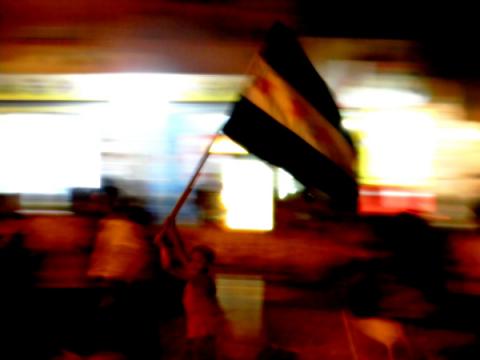
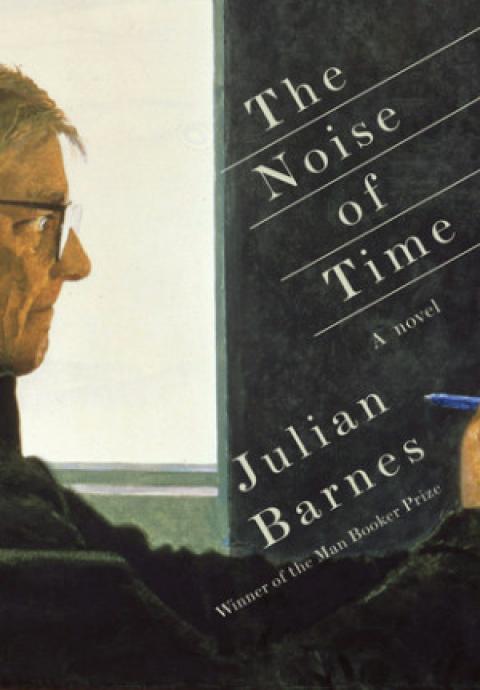
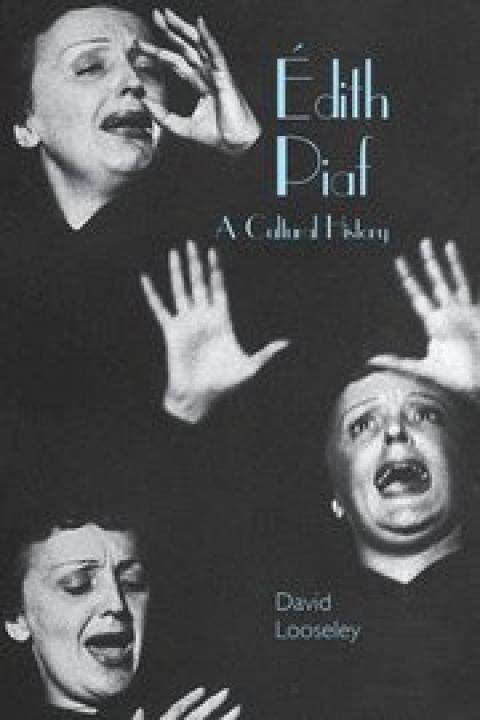
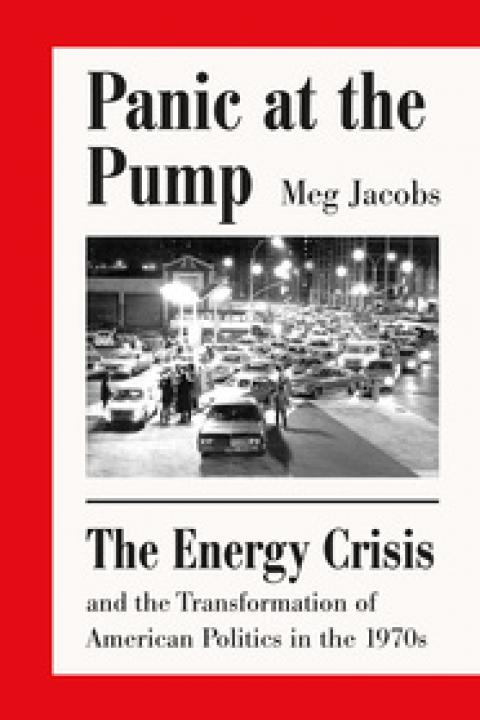
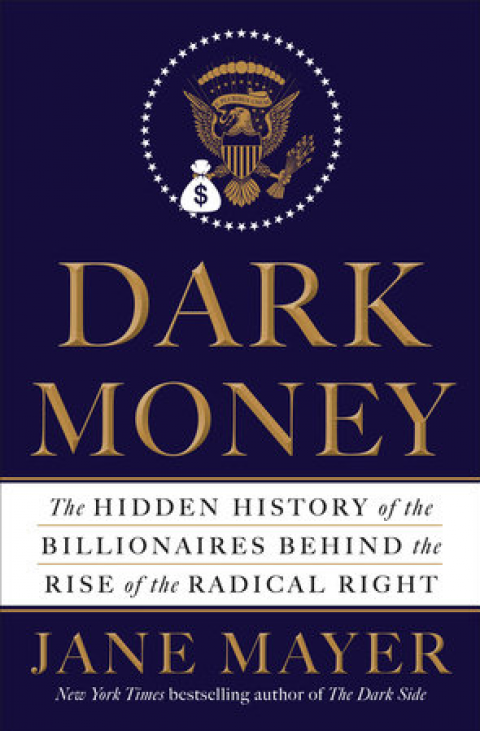

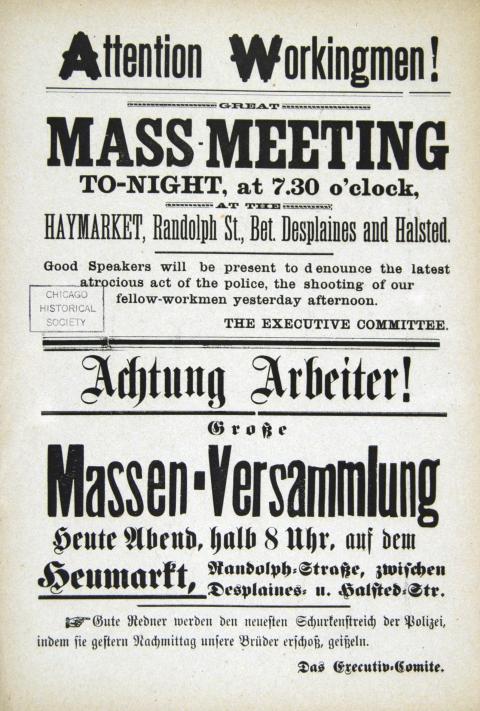
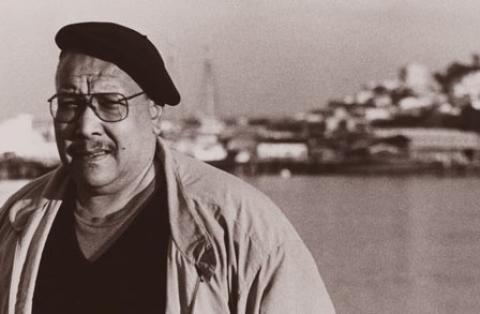
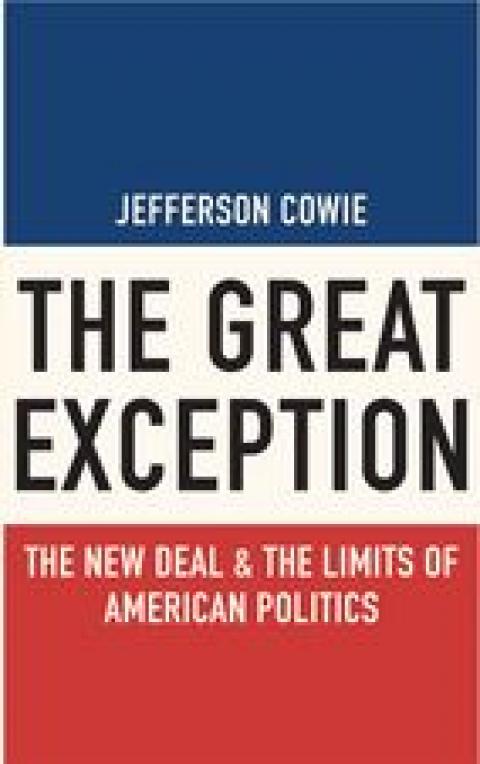
Spread the word